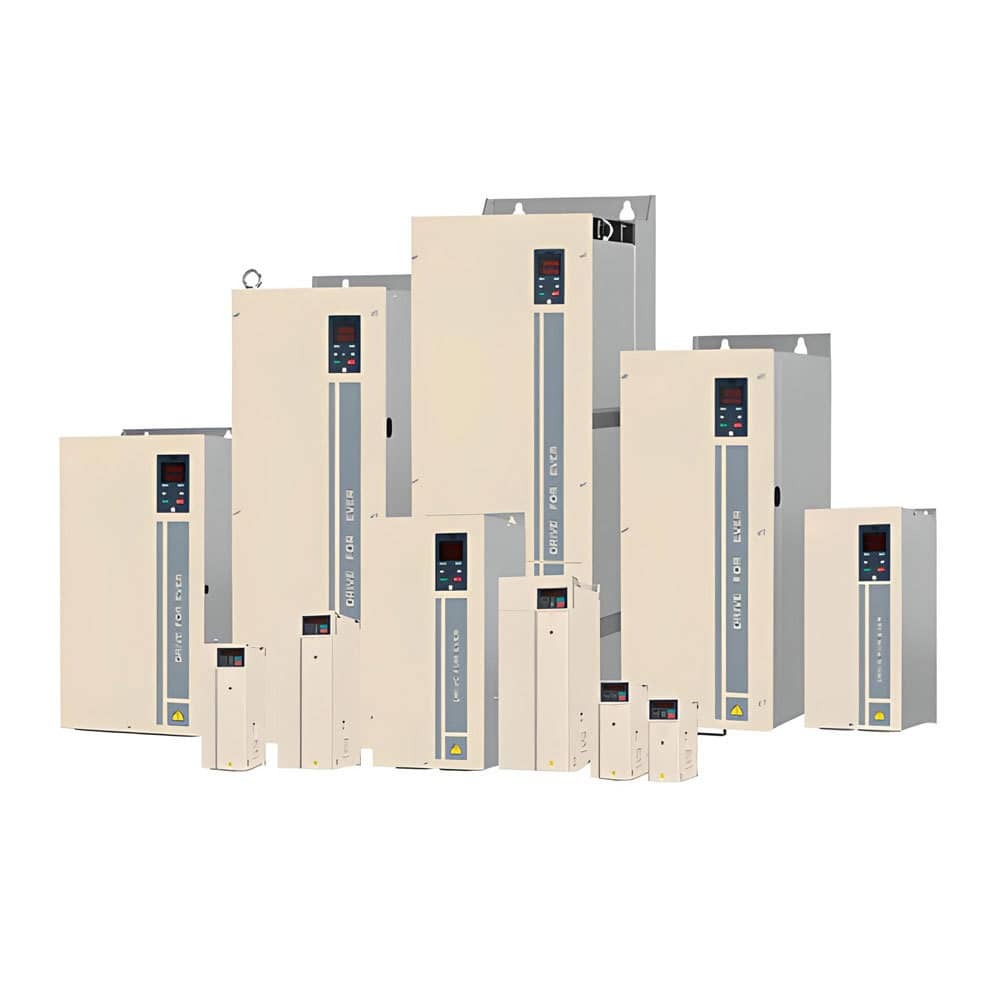A marine frequency converter is a specialized electrical device designed for use in maritime applications. It controls and adjusts the frequency of electrical power on ships and offshore platforms. Its primary function is to ensure compatibility between various electrical systems and equipment that may operate at different frequencies.

Overview:
Marine frequency converters play a crucial role in the maritime industry. Vessels from different regions may have power systems operating at distinct frequencies. Commonly, ships and offshore installations use either 60 Hertz (Hz) or 50 Hz electrical systems. A frequency converter facilitates the seamless integration of equipment designed for different power frequencies.
Key Features:
- Frequency Conversion:
- Marine frequency converters can convert electrical power from one frequency to another, allowing interoperability between systems operating at different frequencies.
- Voltage Regulation:
- These converters often include voltage regulation capabilities to maintain a stable and consistent voltage output, ensuring the proper functioning of connected electrical equipment.
- Compact Design:
- Due to space constraints on ships and offshore platforms, marine frequency converters are designed to be compact and lightweight without compromising performance.
- Robust Construction:
- The harsh marine environment demands robust construction to withstand vibrations, saltwater exposure, and other challenging conditions commonly encountered at sea.
- Advanced Control Systems:
- Modern marine frequency converters often feature advanced control systems, allowing for precise adjustments and monitoring of power output. This enhances efficiency and reliability.
- Compliance with Standards:
- Marine frequency converter manufacturers ensure safety. They design and manufacture products in accordance with maritime regulations and classification society requirements.
Applications:
- Ships:
- Used on various types of vessels, including cargo ships, cruise liners, and naval vessels, where compatibility between different power systems is essential.
- Offshore Platforms:
- Deployed on offshore oil and gas platforms to accommodate electrical equipment with varying frequency requirements.
- Yachts and Pleasure Craft:
- In the marine leisure sector, frequency converters are employed on luxury yachts and other pleasure craft to support diverse electrical systems.
- Research Vessels:
- Utilized on research vessels where a variety of scientific instruments and equipment may have different frequency specifications.
Conclusion:
In conclusion, marine frequency converters play a vital role in ensuring the smooth operation of electrical systems in the maritime industry. Their ability to convert and regulate power frequencies enables compatibility and flexibility, addressing the diverse electrical needs of vessels and offshore installations. As technology continues to advance, marine frequency converters are likely to see further improvements in efficiency, reliability, and integration with other shipboard systems.
